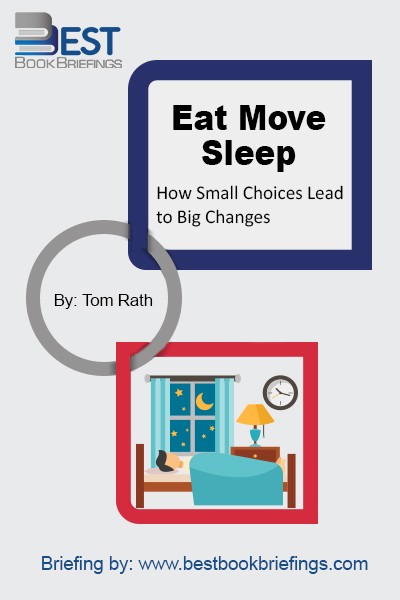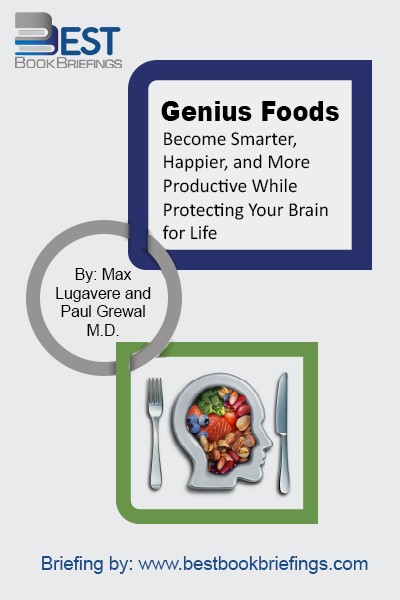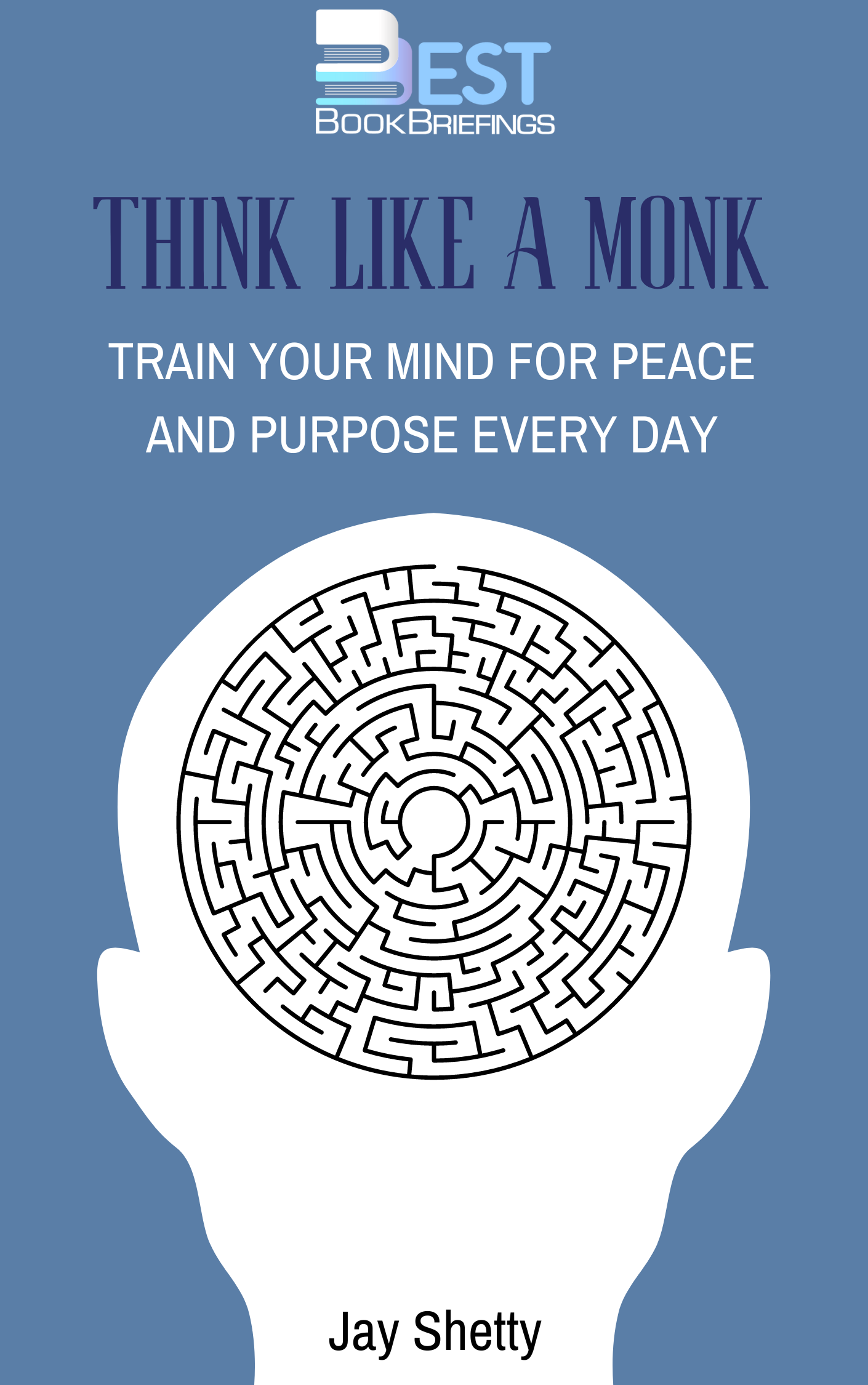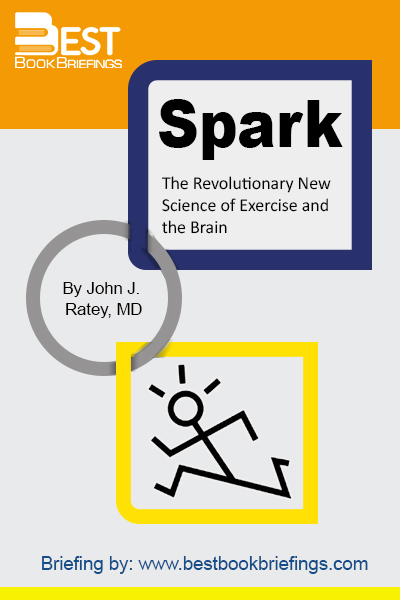Spark
The Revolutionary New Science of Exercise and the Brain
Number of pages: 304
Publisher: Little, Brown and Company
BBB Library: Personal Success
ISBN: 978-0316113519
Editorial Review
In Spark, Dr. John J. Ratey explains how exercising can optimize your brain performance while also protecting it from Alzheimer's and Parkinson's diseases, how it can improve learning, fight mental disorders and delay aging.
Book Reviews
Books on Related Topics

Eat right. Move more. Sleep better. Yes, when you do these three things in combination, you will see how the overall benefit is greater than the sum of the parts.Eating right is not enough. Exercise alone is insufficient. Sleeping well, in isolation, is not adequate. When you focus your energy on

The way we live today is fighting our optimal cognitive performance, and putting us at risk for some nasty afflictions. Our diets supply cheap and plentiful calories with poor nutrient content and toxic additives. Our careers shoehorn us into doing something Our lives are not going on the same rhythm all

Jay Shetty, social media superstar and host of the #1 podcast On Purpose, distills the timeless wisdom he learned as a monk into practical steps anyone can take every day to live a less anxious, more meaningful life.When you think like a monk, you’ll understand:-How to overcome negativity-How to stop overthinking-Why comparison



